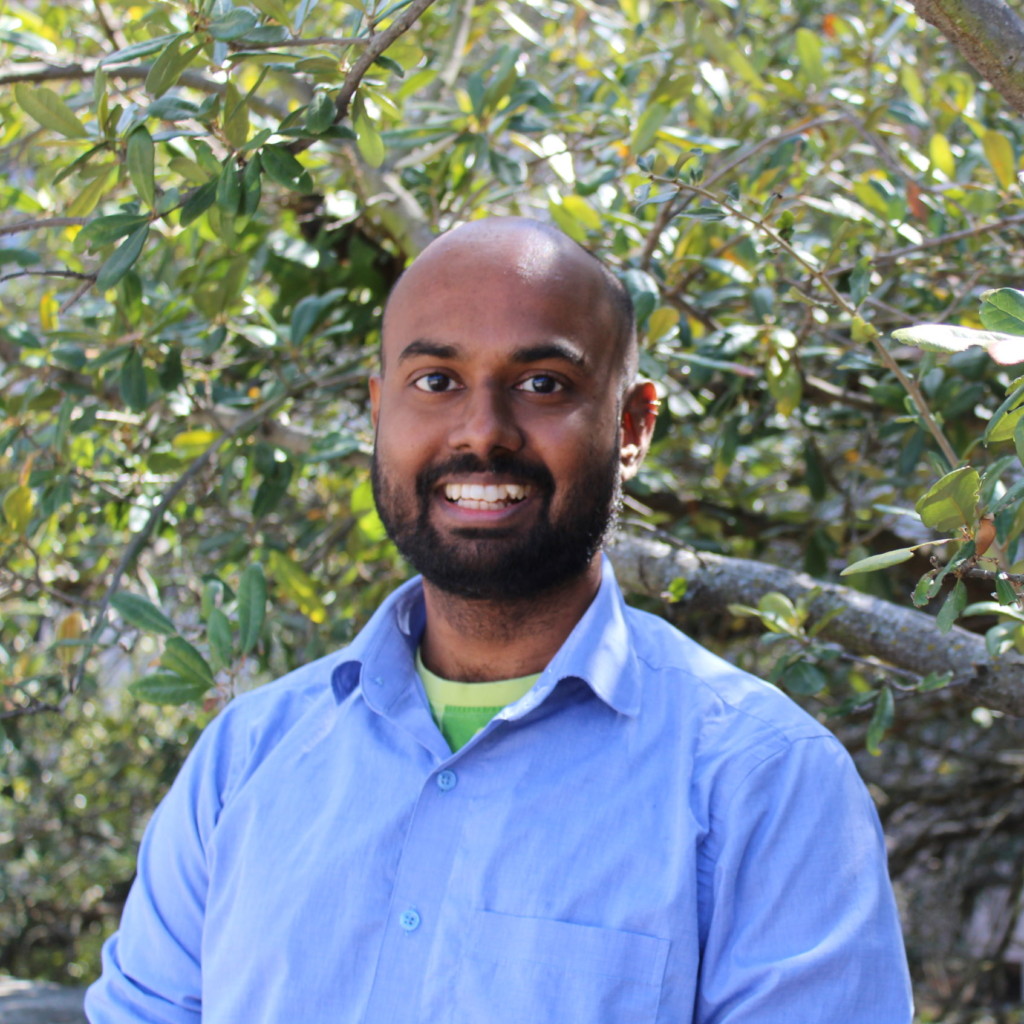As part of its monthly Research Fellow Spotlight, the Institute for Transnational Law sat down with Gowthaman Ranganathan on February 24, 2020 to learn about his research interests in Human Rights Law. In addition to serving as a 2019-2020 Research Fellow in the Institute for Transnational Law at The University of Texas School of Law, Mr. Ranganathan is also a Fulbright student from India pursuing a LL.M. (Master of Laws) in Human Rights & Comparative Constitutional Law at The University of Texas School of Law. Below is a transcription of the interview.
Please tell us about your research interests.
I am interested in critical legal studies and law and society research. In my work, I look at the distributional consequences of laws, with a focus on how it impacts persons marginalized on account of their gender, sexuality, caste, and mental health. I aspire to be informed by narratives of struggle and resistance, and I seek to draw insights from that to work with the law.
What has your journey been to this point?
I have practiced law and represented clients before various forums in India. In 2016, I decided to pursue a career in academia as I believe that the classroom is a crucial place for engagement and change. Receiving the Fulbright-Nehru Master’s Fellowship, the MD Anderson Research Fellowship in Transnational Law, and the Human Rights Scholarship from the Rapoport Center for Human Rights and Justice has played a central role in helping me pursue a career in academia by generously funding and mentoring me through the LL.M. in Human Rights and Comparative Constitutional Law at The University of Texas School of Law.
Can you speak of any challenges that you have had to overcome?
The constant challenge is to ensure that academic work is accessible and relevant even as it engages with complexities of the world.
What advice would you give to your younger self?
Be kind to yourself! And don’t forget to have fun! I need to remind myself of this even now.
What lessons did you learn from your own research, which have shaped your way of thinking?
I have learned the absolute necessity of interdisciplinary work in law. One needs to be informed by research in social science and humanities to frame the issues in legal research. I also believe that it is very important to make a place in legal research for personal narratives of struggle, resistance, and resilience.
This interview was conducted by Dr. Mauricio Pajón, Program Director, Institute for Transnational Law.

